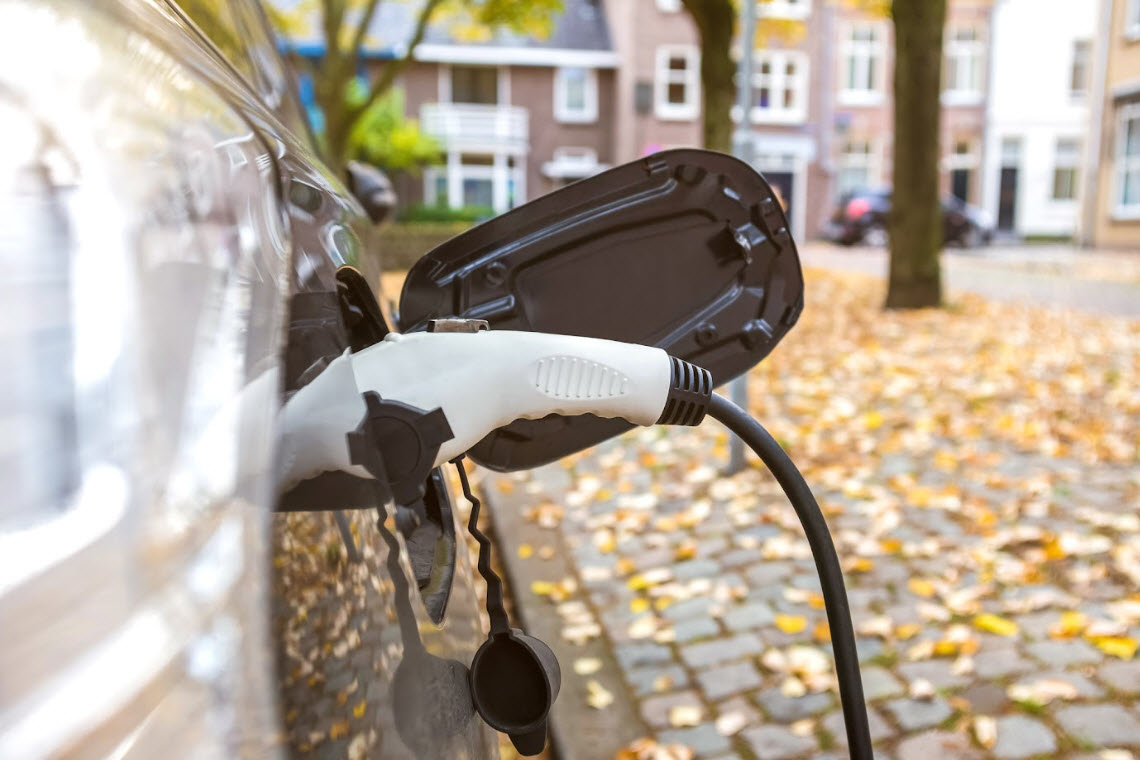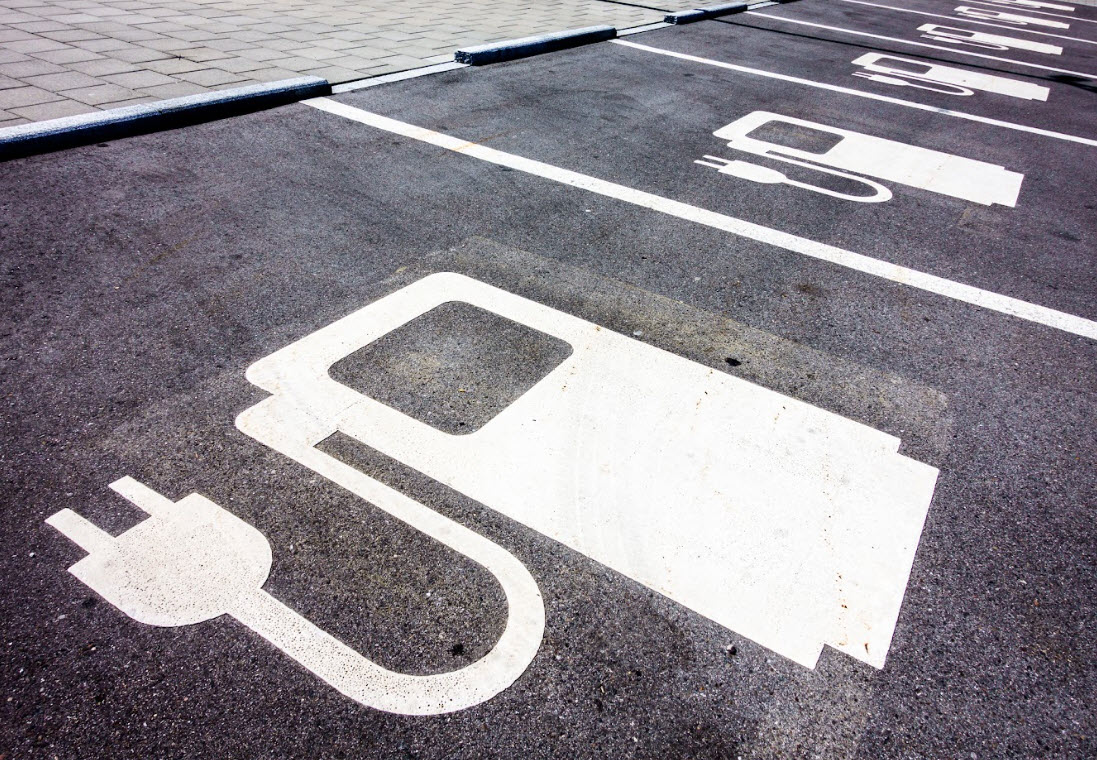In October, we explored the impact that Canada’s evolving EV industry is having on our country’s economic and innovation landscape. In today’s blog, we’re focusing on its impact to our country’s energy sector.

The shift to electric mobility will no doubt transform Canada’s energy sector, which will require a significant increase in electricity demand and bring with it more renewable energy and innovation. On episode 120 of the ThinkEnergy podcast, Lesley Gallinger, CEO of Ontario’s Independent Electricity System Operator (IESO) estimates that the province’s electricity needs and demand is expected to increase by an average of two per cent annually over the next two decades due to electrification and economic growth.
Electric vehicles present an opportunity for Canada to develop a more resilient and sustainable transportation system - and our electricity systems need to keep up. Not so coincidentally, 2035 also marks Canada’s deadline to achieve a 100 per cent net-zero electricity system. Gallinger says that with transportation becoming increasingly electrified and the pace of electrification speeding up, society will rely on electricity as a fuel.

“So it's great that we have factories that make batteries, but it would be even better if they were all powered by non-emitting electricity,” says Jarratt. “And it would be fantastic if the trucks that brought the refined minerals to those factories that go into the batteries were zero-emission trucks, and the mining vehicles that pulled the minerals out of the ground were all electric. That, to me, is the big piece of this, you know, the whole supply chain needs to be decarbonized.”
Are the investments Canada is making in EV manufacturing, infrastructure and the critical minerals needed for batteries enough to make Canada a superpower in the electric-mobility space on the world stage?
“When the federal budget came out this year, I think everyone was very surprised and tentatively impressed should it roll out the way that politicians are saying it will,” says Jarratt. “It positions Canada’s EV industry and clean tech in a way that we can go toe-to-toe with the United States using $55 billion, which is less than a quarter of what the U.S. is spending. I can’t say one way or the other if this is going to be a success, but it's an interesting strategy, and I look forward to seeing how it plays out.”
The future certainly seems hopeful for EVs, and Canada’s investment approach is undoubtedly attracting economic prosperity; helping to pave the way towards a healthier and more sustainable life and planet.

“At the end of the day, if we don't do anything, or we don't do enough, everyone in Canada will suffer because of climate change,” says Jarratt. “We already know that there are pockets of the country that are acutely suffering more than others right now.”
Asked what is inspiring her and giving her hope these days, Jarratt responds: “I'm an impatient person by nature, so I would like to see things go faster - but I am hopeful that we are taking the right steps as a country. It's exciting to watch history unfold in real time. I have this sense that in 20 years, we're all going to look back on this and think ‘wow, that was a really cool thing to live through.’ As a journalist, I have story after story of my own and from my colleagues chronicling this massive societal transition, and I think it's going to be the neatest time capsule down the road.”
To hear our full interview with Emma Jarratt, listen to the ThinkEnergy podcast here.
